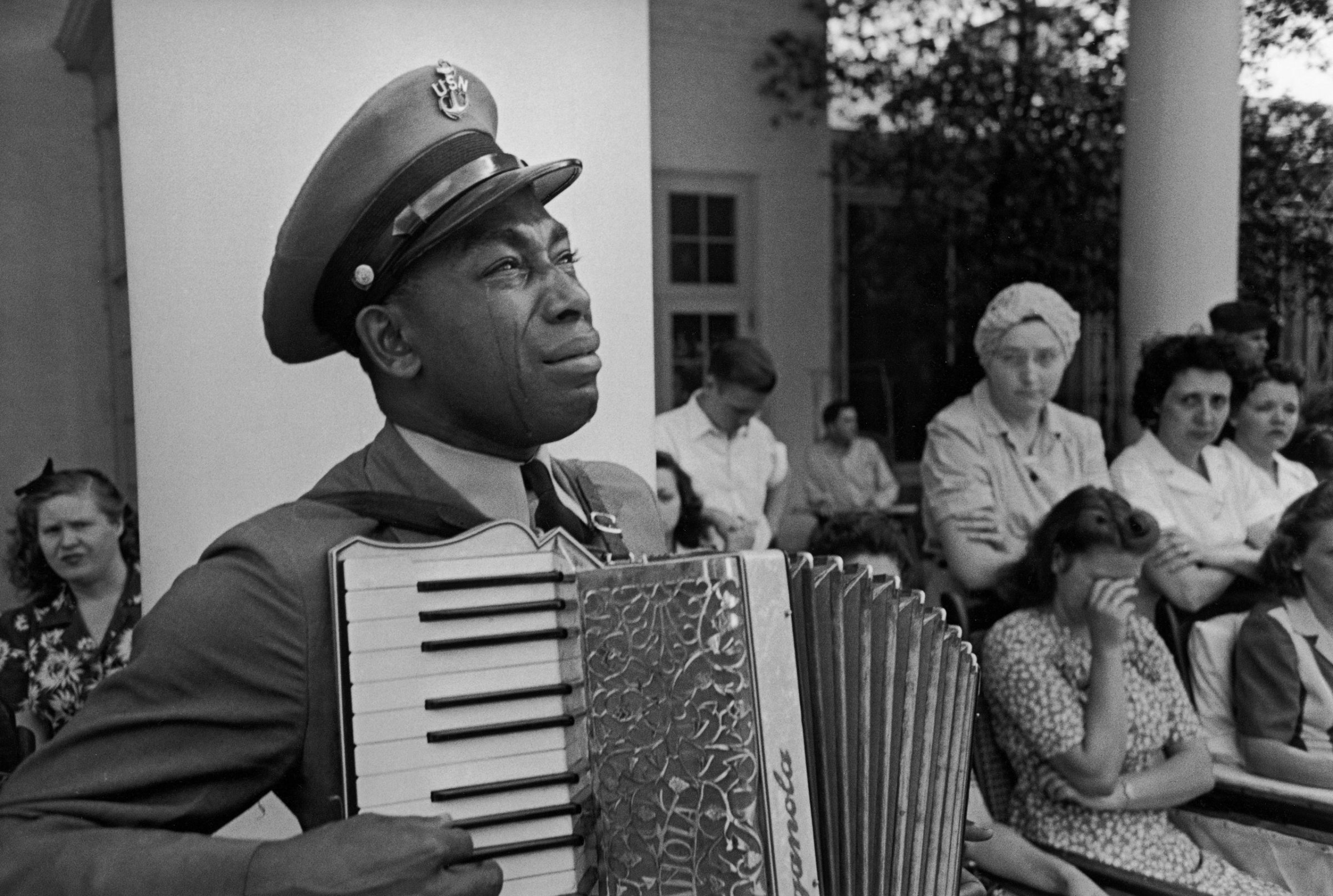
Leaving aside, for a moment, the question of how effective they really were while in office, some American presidents simply loom larger than others in the public imagination: several of the Founding Fathers, for example; John F. Kennedy and his intensely romanticized “thousand days”; Ronald Reagan; Lincoln, of course.
And then there’s FDR. The only man elected four times to the nation’s highest office (although he would die within months of being sworn in to his final term), Franklin Delano Roosevelt’s greatness can be measured, in one elemental sense, by the passions he still excites in both his supporters and detractors. To the former, he was a courageous and compassionate leader — a politician born into great privilege who nevertheless oversaw the creation of America’s government-run safety nets for the least powerful among us; a steady hand at the helm during the darkest, early days of World War II; and a man willing to spend most of his political capital pushing for policies and programs that were controversial and even revolutionary in their time, but today form the bedrock of America’s social contract.
To his naysayers, of course, Roosevelt’s New Deal was not far removed from communism — an egregious example of governmental overreach — while his political philosophy smacked of class betrayal and an un-American belief that the feds can solve every problem we’ll ever face, no matter how large or small, how transient or catastrophic.
His wife Eleanor, meanwhile, was even more progressive (and polarizing) than her husband. While her humanitarian work all over the globe in her later years would win her near-universal praise, as a First Lady she was something of a radical — giving her own press conferences (the first woman in her position ever to do so), arguing for expanded workers’ rights and sometimes publicly disagreeing with her husband on national issues.
One national issue on which the Roosevelts agreed — to a greater or lesser extent — was that of civil rights. Eleanor was the more vocal and adamant of the two, but it was FDR who signed Executive Order 8802 in June 1941. Geared toward defense workers, 8802 was the first federal action designed to prohibit employment discrimination in the United States. It was, arguably, the most significant action in the realm of civil rights by a 20th-century American president until LBJ signed the Civil Rights Act of 1964.
(Roosevelt’s record on civil rights as a whole is somewhat more checkered — especially in light of the internment of Japanese-Americans during the Second World War.)
Ed Clark’s photograph, meanwhile, of an openly weeping Chief Petty Officer (USN) Graham W. Jackson playing “Goin’ Home” on his accordion as FDR’s flag-draped casket passes by in April 1945 has, through the years, come to symbolize not merely a nation’s grief, but black America’s acknowledgement of Roosevelt’s efforts on behalf of civil rights.
It’s tricky, of course — even dangerous — to presume that one person’s emotions can be seen as emblematic of the feelings and thoughts of millions of other people, merely because those people are of the same race. After all, Jackson had played music for FDR, and for countless other people at and around the so-called “Little White House” in Warm Springs, Ga., many times in the past. The two men had, so to speak, a history. The tears coursing down Jackson’s cheeks were, assuredly, the outward sign of an inward, deeply personal grief.
But nothing is simple in iconic pictures, and while ascribing a status of “symbol” or “emblem” to Jackson (and his sorrow) might be problematic, the fact remains that significant photographs invite interpretation.
That said, the anguish on Chief Petty Officer Jackson’s face was not his alone; in Ed Clark’s masterful, unforgettable portrait, we see — we feel — a nation’s loss.
More Must-Reads from TIME
- Cybersecurity Experts Are Sounding the Alarm on DOGE
- Meet the 2025 Women of the Year
- The Harsh Truth About Disability Inclusion
- Why Do More Young Adults Have Cancer?
- Colman Domingo Leads With Radical Love
- How to Get Better at Doing Things Alone
- Michelle Zauner Stares Down the Darkness
Contact us at letters@time.com